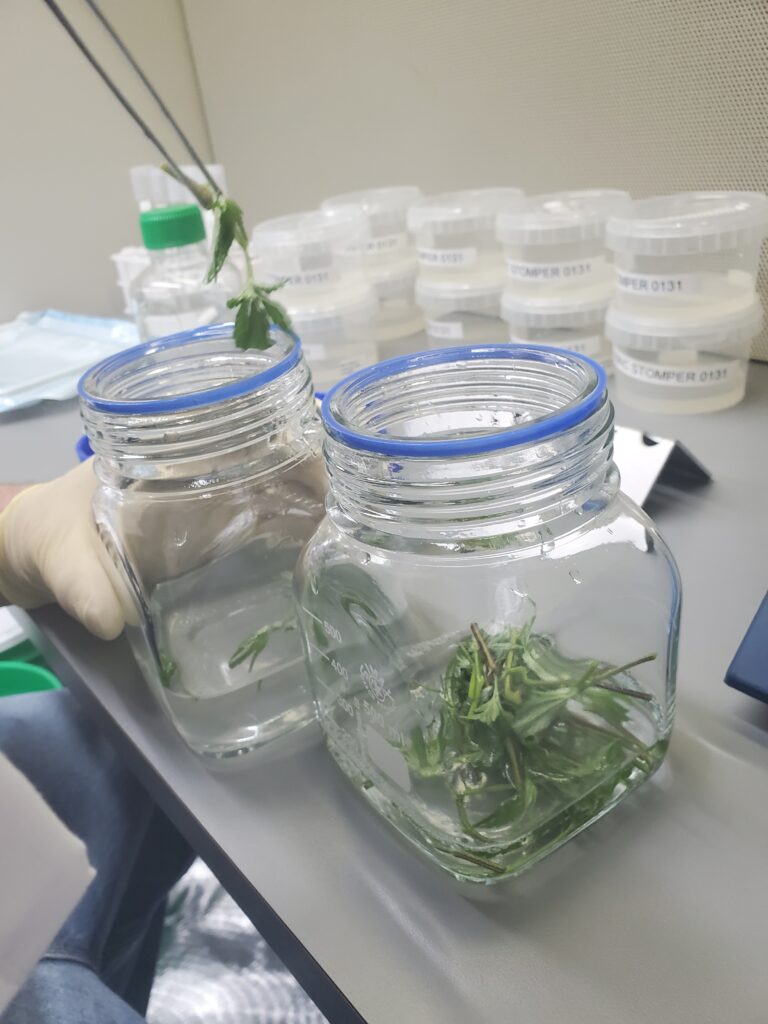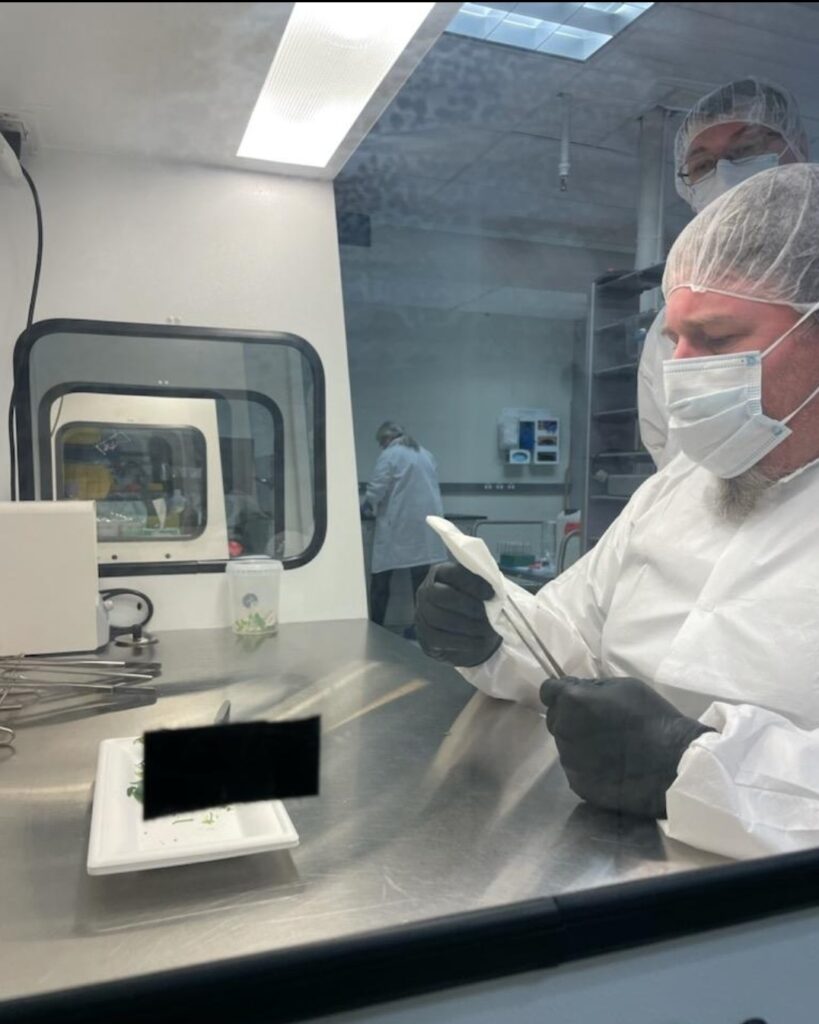Tissue culture offers several benefits, including the ability to produce large quantities of disease-free plants with desired traits in a short period, regardless of the season, by rapidly multiplying genetically identical copies (clones) from a single plant sample, making it valuable for conservation, crop improvement, and propagation of rare or difficult-to-grow species; it also allows for genetic manipulation to enhance specific characteristics like disease resistance and higher yields.
Key benefits of tissue culture:
- Rapid multiplication:Produce a large number of plants quickly from a small tissue sample, enabling large-scale propagation in a short time frame.
- Disease-free plants:By growing plants in a sterile environment, tissue culture eliminates the risk of transmitting diseases from infected plants.
- Genetic uniformity:Creates genetically identical plants (clones) with consistent traits, ensuring predictable quality and yield.
- Year-round production:Allows for plant propagation regardless of seasonal variations, enabling continuous production throughout the year.
- Genetic enhancement:Facilitates genetic modification to introduce desirable traits like disease resistance, improved nutritional value, or higher yield potential.
- Conservation of endangered species:Tissue culture can be used to preserve genetic diversity of rare or threatened plant species.
- Micropropagation:Enables the production of large quantities of small plantlets suitable for transplanting.
- Controlled environment: Allows for precise control of growing conditions to optimize plant growth and development.



